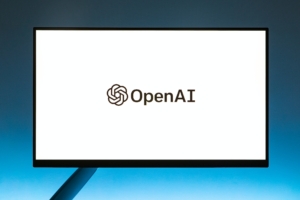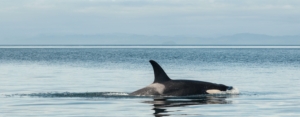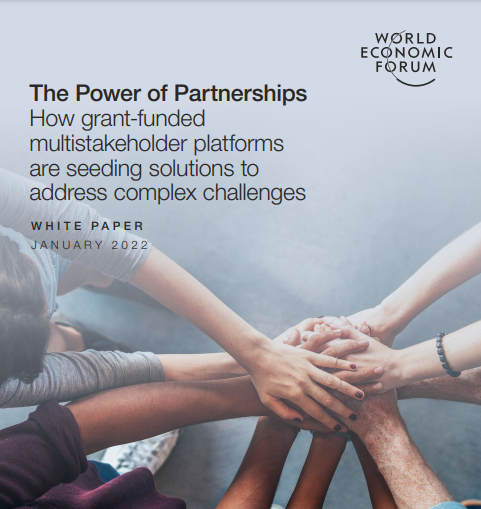Systems doing – lessons from Social Innovators on doing differently to achieve change
Systems doing – lessons from Social Innovators on doing differently to achieve change

Latest posts
Share:
Wasafiri cocreated the Schwab Foundation for Social Entrepreneurship’s Transforming through Trust report, which we are excited to announce was shared at Davos this week as the Foundation celebrates the values and achievements of three cohorts of awardees from 2019 to 2022.
What stood out for us was not just the impact that these change leaders have achieved, despite being amid a pandemic, but their ongoing commitment to supporting their organisations and others to work collectively, or differently, to tackle systemic issues.
I spoke with Dr François Bonnici, Director of the Schwab Foundation about his learnings from this period and, drawing also on insights from research writing his book The Systems Work of Social Change, his advice for organisations looking to lean into wider social change.
Reflecting on our conversation, and thinking about what we see in our work at Wasafiri, I’d suggest that organisations looking to contribute to achieving real change should consider the following:
Generate the change in the here and now
Social Innovation is generating new forms of what’s possible. In doing so, contributes to wider change through directly engaging with and unlocking one piece of the system it seeks to change.
Recognising social innovation as a form of activism means we can counter our frustration with the extent to which actors on the front lines are needed to fill gaps left by social inequality.
While social innovators are often delivering a service or specific intervention, this generation of alternatives coupled with a shifting of power dynamics and an increase in the agency of marginalised groups shifts the system at a deeper level.
Catalysing is more important than leading
Thinking like a movement while deploying the strengths of an organisation opens up the aims and methods by which organisations can contribute to wider change.
This can be especially helpful when trying to find the mode of working together and the value and contribution from different partners.
Through the work that we have done with the Schwab Foundation, we can see how relatively small organisations can be catalytic for larger organisations.
Perhaps thinking about smaller actors as distinct elements of a movement, and therefore more loosely aligned might more easily create a commonality of approach. It is certainly a way of grounding the well-known idea of thinking bigger than your own or clients’ success.
Pay attention to your current role
Organisations who want to bring about change must first consider how they benefit from the current system in order to engage wholeheartedly with the issues and collaborate successfully.
It is early in the journey to taking a systemic change approach. The institutional challenges of evolving from the twin lure of scale and a technical “silver bullet” fix remain.
However, the positive traction in ideas over the last three years, piqued by the pandemic, has invited more questioning by organisations about how they should contribute and what their best role is.
Building on this evolution in thought is one of the key contributions of organisations such as the Schwab Foundation and Wasafiri who benefit from working with diverse organisations and thinking practitioners.
The big change won’t come from any single partnership
Embrace the mindset that this is a learning and building period and is an essential phase to enable greater systems change. This will allow for the risks necessary to get traction now.
Being prepared for a partnership to fail is hugely important for all parties when looking outside organisation boundaries to form unusual collaborations for systemic change.
Taking the view that the specific partnership is not the win can be very freeing when saying yes to different partners and lessening the need for a ‘senior’ partner (often a larger organisation) to take control.
Beyond the specific partnership, two big gains can be found; the lessons learned about working for change with different organisations and an increase in the agency of local organisations, building their position and voice across a range of actors and interventions. Both will shift the system in which the organisations exist, beyond the current engagement.
Further information
If your organisation wants to maximise its contribution to people and planet and is thinking of collaborating and forming unusual partnerships, please get in touch!
Read this report for more on the impact of the Schwab Foundation’s 2019-22 awardees.
Photo by Markus Spiske on Unsplash









